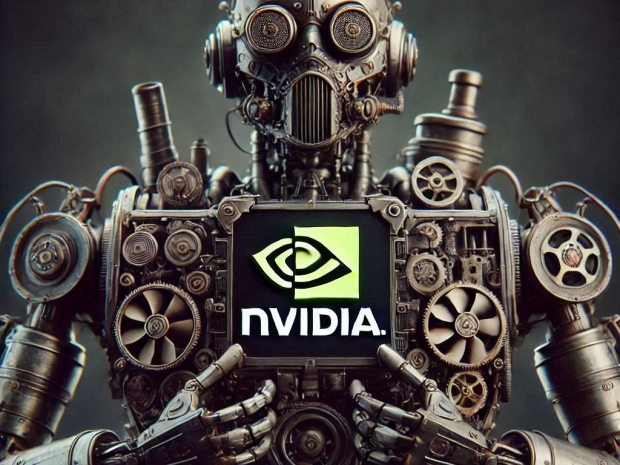The outfit is set to release its latest generation of compact computers for humanoid robots — called Jetson Thor — in the first half of 2025.
Positioning itself at the forefront of what it predicts to be a transformative robotics revolution, Nvidia is offering a "full stack" solution. This encompasses software layers for training AI-powered robots and the chips that enable their operation. The strategy reflects Nvidia’s ambition to become the dominant platform in the rapidly evolving robotics market.
According to Nvidia, the shift in robotics is being fuelled by two major technological breakthroughs: the rise of generative AI models and advancements in training robots using simulated environments.
Nvidia executive Deepu Talla said the company was particularly interested in fixing the "Sim-to-Real gap" — the challenge of ensuring robots trained in virtual environments can perform effectively in the real world.
What Nvidia isn’t saying but is also plainly the case: Its push into AI-powered robots comes as major customers like Amazon and Google work to lessen their dependence on the outfit’s AI chips by developing their own.




